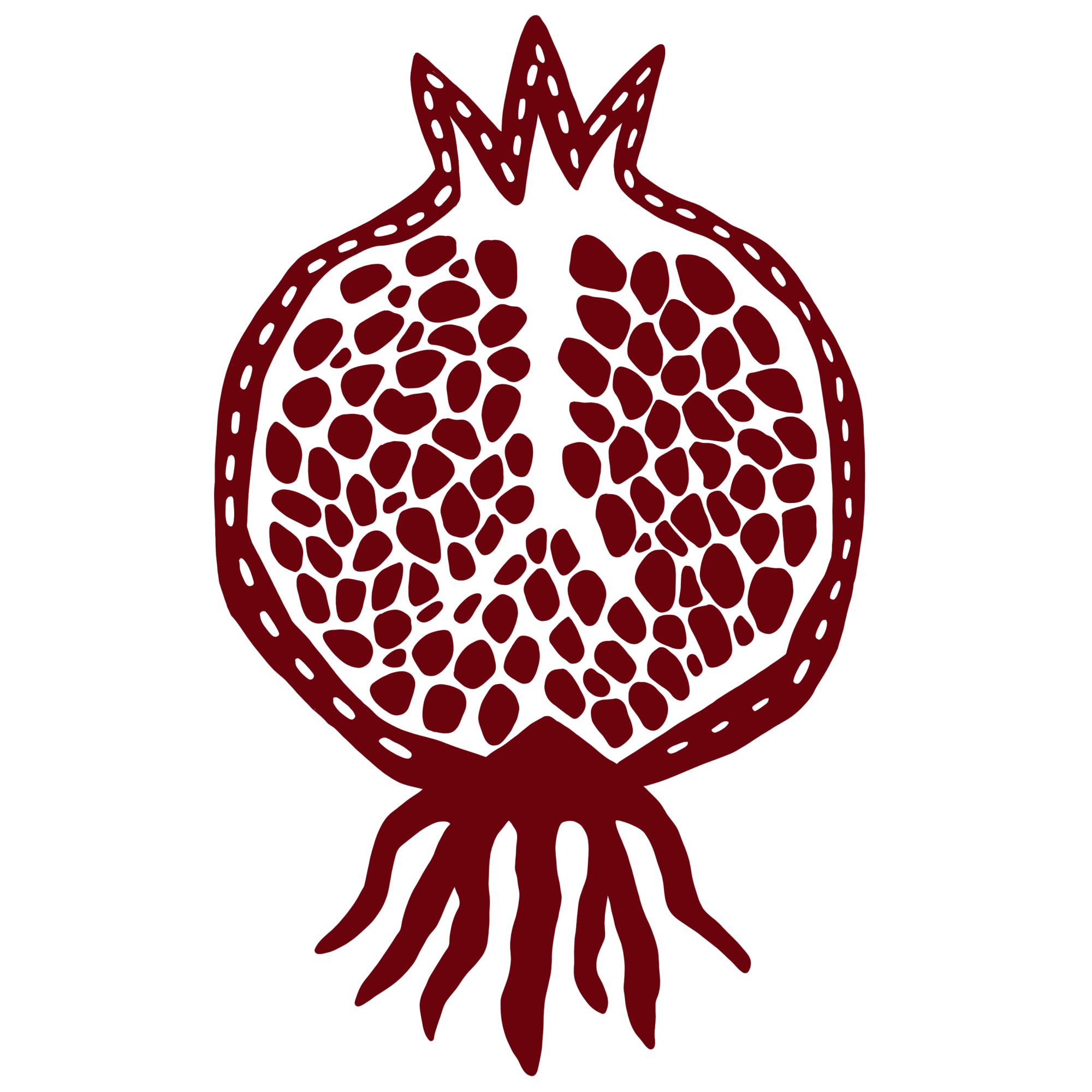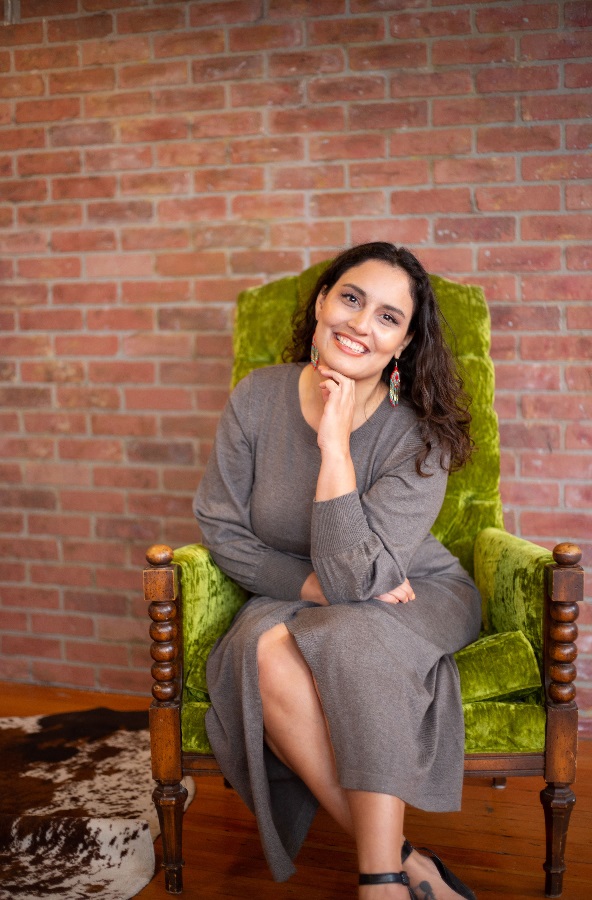Many of us have been told, directly or indirectly, that we are "too much." Too emotional. Too sensitive. Too intense. In a world that rewards disconnection and emotional numbness, being deeply in touch with your feelings can be pathologized—especially for femmes, BIPOC, neurodivergent, and queer individuals.
But what if your emotional intensity isn't a flaw? What if your sensitivity is actually a form of intelligence? Reframing this narrative begins with acknowledging that deep feelers often carry wisdom others overlook. Emotional sensitivity allows for connection, empathy, and powerful insight into the world around us.
Being "too much" is often code for someone who makes others uncomfortable simply by being fully themselves. When you cry in front of others, challenge injustice, or ask for your needs to be met, you’re not being excessive—you’re being real. The discomfort people feel in the face of raw emotion is not about you; it’s often about their own unprocessed pain.
In therapy, reclaiming your sensitivity can be a radical act. We unpack where those "too much" messages came from, how they’ve shaped your self-worth, and what it means to own your emotional range without shame. You begin to rewrite the story—from overreacting to responding with deep care.
Healing looks like learning to stay with your emotions rather than shrink them. It looks like honoring your boundaries, valuing your intuition, and embracing your full self—volume turned all the way up. Because the world doesn’t need less of you. It needs more people who feel deeply, love fiercely, and live truthfully.
Saying "all are welcome" isn’t enough. To be truly queer-affirming in therapy is to move beyond tolerance or inclusion—it’s about active affirmation, deep understanding, and a commitment to undoing harm.
For many queer and trans clients, therapy has been a space of erasure, judgment, or microaggressions. Queer-affirming therapy must explicitly challenge heteronormativity, cisnormativity, and the assumption that queerness is something to be "explained."
Being queer-affirming means normalizing diverse identities, relationships, and experiences. It means using correct names and pronouns, acknowledging intersecting identities (race, gender, ability, class), and recognizing how systems of oppression impact mental health.
Affirming therapy also recognizes the richness of queer joy, resilience, and creativity. It doesn’t only focus on trauma—it celebrates identity and affirms the possibility of thriving. For polyamorous or non-monogamous clients, affirmation also means understanding relational diversity and not defaulting to monogamy as the standard.
At its heart, queer-affirming therapy is relational, flexible, and deeply curious. It makes space for the full truth of who someone is and holds that truth with care.
In my practice, being queer-affirming isn’t a checklist—it’s a commitment. It’s a way of being that centers justice, embodiment, and liberation for every client who enters the space.
Healing isn’t always sage, crystals, or perfect journal entries. Sometimes, it’s crying on the floor at 2AM. Sometimes, it’s canceling plans because your body says “no more.” Healing can be raw, confusing, and unglamorous. And that’s okay.
Social media often portrays healing as a clean, aesthetically pleasing journey. But real healing is messy. It involves shadow work, facing the parts of ourselves we’ve ignored, rejected, or hidden. It brings up anger, grief, and resistance. It requires unlearning patterns that kept us “safe” but stuck.
Many of us enter therapy or self-work expecting linear progress. But healing moves in spirals. One day you may feel grounded and empowered, the next you’re triggered by something you thought you’d overcome. This isn’t failure, it’s the nature of healing. Each layer you peel back gets you closer to your core.
There is strength in showing up when it’s hard. There’s courage in resting when you need to. Healing asks for your honesty, not your perfection.
So the next time it feels like you’re falling apart, remember. Falling apart is often the first step toward coming back home to yourself.
Setting boundaries is one of the most essential acts of self-care and healing, yet it often comes with a heavy side of guilt. For many, saying "no" or stepping back from draining relationships feels like a betrayal, not just to others, but to the values we were raised with. So why does doing what’s best for ourselves feel so wrong?
The answer often lies in conditioning. Many of us were taught, explicitly or through family dynamics, that love means sacrifice, that being "good" means being available, agreeable, and selfless. Especially for women, BIPOC individuals, and those raised in high-demand environments, boundaries were rarely modeled as acts of love. Instead, we learned that maintaining peace and pleasing others equates to worthiness.
When we start healing and reclaiming our power, setting boundaries is one of the first and hardest steps. And guilt often rushes in, not because we’re doing something wrong, but because we’re doing something different. That guilt is a signal that you’re challenging old programming.
It’s important to recognize that guilt is not a sign to stop. It’s a sign you’re growing. Boundaries are not walls. They are bridges that teach others how to meet us with respect. They create space for healthier, more authentic connections. And yes, some people may resist them because they benefited from your lack of them. But their discomfort is not your responsibility.
If you’re navigating this journey, try these reminders:
- You are not responsible for others' reactions to your boundaries
- Saying no to others is often a yes to yourself
- You don’t need to justify or over-explain your limits
Healing asks us to prioritize alignment over approval. In time, the guilt will lessen, and in its place, you’ll find peace, clarity, and a deeper connection with yourself.
The rapid speed of our present world makes mindfulness practice into an extreme form of self-protection alongside social defiance. Meditation does not represent the whole practice because mindfulness exists within daily life through body awareness and intentional awareness creation.
The practice of mindfulness serves as an instrument to control emotions and relieve stress while fostering better interactions between people and themselves. Research evidence demonstrates that brief mindfulness techniques help users lower their anxiety levels and enhance their concentration capabilities thus playing an important role in promoting complete wellness.
When you decide to start practicing mindfulness it does not need to be an impossible challenge. Begin with tiny steps by deep breathing after waking up along with observing your physical sensations when drinking coffee and walking without any distractions. The implementation of these tiny habits allows our nervous system to restructure itself so solutions and healing events along with progress can enter our minds.
Self-awareness serves as one of the strongest aspects which mindfulness brings to people. The practice lets you observe both your emotions and thoughts in a nonjudgmental way which establishes response capabilities as opposed to automatic reactions. Our capability to become mindful about ourselves stands fundamental to our healing because it reveals both our established tendencies and our emotional hot buttons while developing our mental strength.
Another essential component is self-compassion. Mindfulness reveals to us the practice of treating ourselves with gentleness regardless of whether we encounter difficulty. We transform our critical behavior through self-compassion that lets us treat our hardships with gentleness along with patience.
Your focus on existing in the present serves better than reaching unattainable standards in life. Daily practice creates space to heal ourselves by both healing our needs and listening to ourselves internally and operating from self-compassion. As mindfulness practice develops into a lifestyle it enables our movements through life to occur with increased peace and intention.

